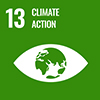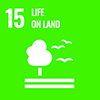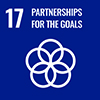More than 200 wildfire researchers, agency staff and community leaders convened in-person and online at Thompson Rivers University (TRU) Oct. 7 to 9 for the Wildfire Resilience Consortium of Canada’s (WRCC) inaugural Building Foundational Knowledge Gathering.
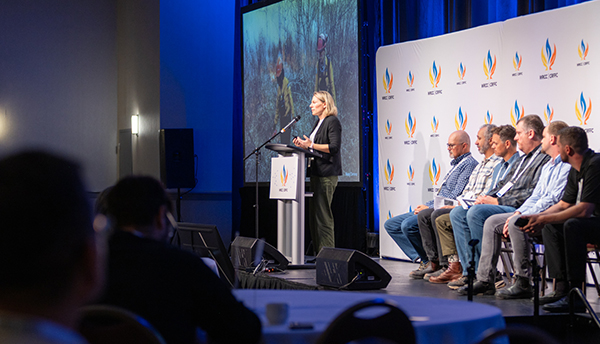
Researchers funded by Natural Resources Canada’s Build and Mobilize Foundational Wildland Fire Knowledge program give lightning talks.
As host, TRU welcomed consortium members to Tk’emlúps te Secwépemc territory, providing both a physical and virtual space to launch a national conversation about wildfire resilience. The WRCC operates as a national virtual network, and TRU Wildfire, in partnership with the BC Wildfire Service, is a founding partner and one of five board members along with the Institute for Catastrophic Loss Reduction, FPInnovations, the National Indigenous Fire Safety Council, and Forest Products Association of Canada.
The gathering drew participants from across the country and combined lightning-style presentations, facilitated workshops and networking sessions designed to deepen knowledge and build connections.
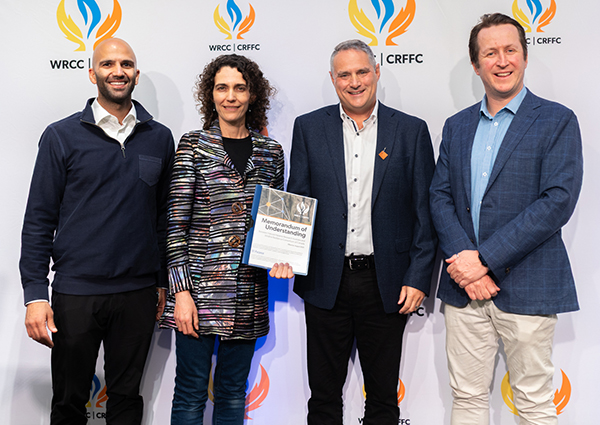
Signing the MOU (L-R): Dinyar Minocher, director, TRU Wildfire Research, Innovation and Education; Marta Yebra, director Bushfire Research Centre of Excellence, Australia; Garnet Mierau, executive director, WRCC; Andrew Gissing, chief executive officer, Natural Hazards Research, Australia.
International collaboration
The event opened with an evening welcome reception followed by the signing of a Memorandum of Understanding (MOU) between the WRCC and Natural Hazards Research Australia (NHRA). The MOU establishes an international partnership to collaborate on wildfire resilience, Indigenous fire stewardship and knowledge exchange. NHRA chief executive officer Andrew Gissing joined the Australian delegation to formalize the agreement.
On the first full day, the event’s formal opening included a territorial welcome from Tk’emlúps te Secwépemc, followed by remarks from TRU President and Vice-Chancellor Airini and WRCC Executive Director Garnet Mierau.
“This gathering is Canada’s new table for wildfire resilience, where researchers, Indigenous fire stewards, agencies, industry and communities can align efforts, research and best practices for the good of people and place,” said Airini. “TRU is proud to be a founding partner and is committed to supporting the training, science and action that provide hope and safety for wildfire-affected communities.”
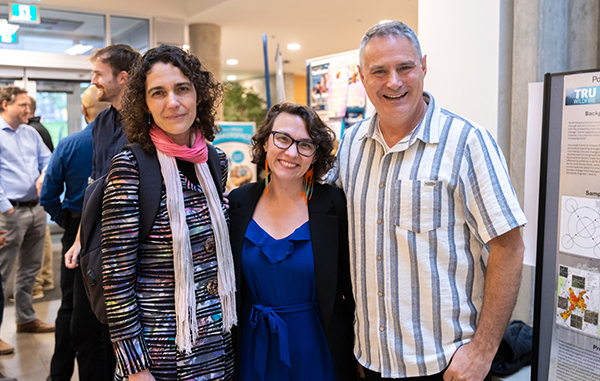
Yebra, left, and Mierau, right, with Dr. Robin J. Freeman, project manager, Wildfire Networks and lecturer at Simon Fraser University.
For Mierau, the gathering marked the beginning of a long journey.
“Our work is deeply relational — it strengthens our relationships with fire and with each other,” he said. “By combining humility, tradition, science and community, we can continue building relationships that lead us toward a wildfire-resilient future. This is only the first step: our goal is not just to bring people together for two days, but to launch collaborations that will continue long after the event.”
From knowledge-sharing to co-creation
During the event, attendees participated in a rapid succession of lightning talks — seven-minute presentations by researchers who were funded by Natural Resources Canada’s Build and Mobilize Foundational Wildland Fire Knowledge program.
Topics ranged from climate-adaptive silviculture and LiDAR-based fuel characterization to Métis- and First Nations-led stewardship initiatives, post-fire examination frameworks, and the integration of Indigenous values with western fire-management technologies.
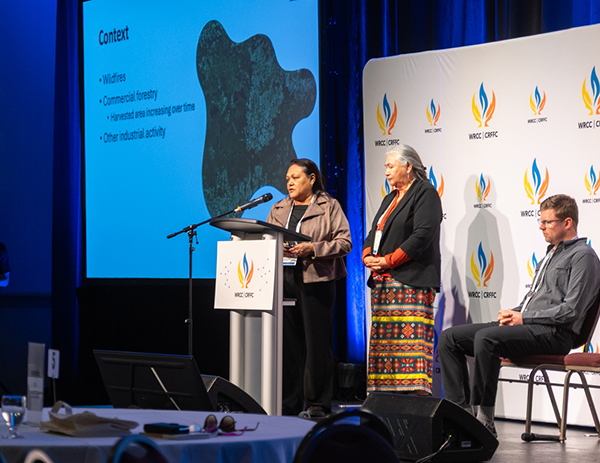
Program manager Emily Bell (at the microphone) and Elder Joyce Cantree from Makwa Sahgaiehcan First Nation present.
The second day moved from information-sharing to co-creation, with workshops focused on co-designing the WRCC’s future across six subject areas: human dimensions, policy and practice, Indigenous fire stewardship, biodiversity and ecosystem health, adaptive forest management, and training and capacity building. A gallery walk allowed participants to review outcomes and identify future priorities before the gathering closed with final remarks and a sharing circle.
The success of the Building Foundational Knowledge Gathering, and the new partnership with NHRA, signal an emerging network poised to integrate Indigenous knowledge, science, policy and community practice to build a more wildfire-resilient future for Canada and beyond.
Photo credit: SitePartners.
Thompson Rivers University is leading in sustainability. Learn more about TRU’s contributions to the UN Sustainable Development Goals.

